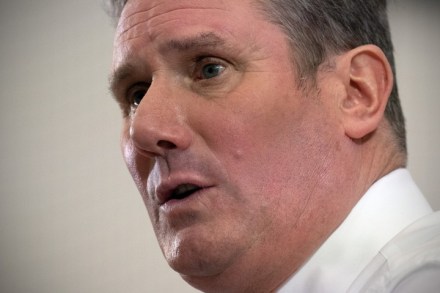Harry steals Starmer’s thunder
Sex, drugs and Nazi costumes: Harry’s memoir certainly had it all. And Fleet Street has gone to town on the revelations in the book, dedicating acres of space to rural romps behind Windsor pubs and two dozen dead Taliban fighters. Unfortunately all that coverage means poor old Sir Keir’s long-awaited big speech has been knocked out of the headlines. In vain, did Mr S scan the front pages of the papers today, searching for any sniff of Starmer’s musings. The Express and Sun – two papers whose readers are being targeted by Labour – didn’t deign to mention it until page 10. The Telegraph and the Times both put their




















